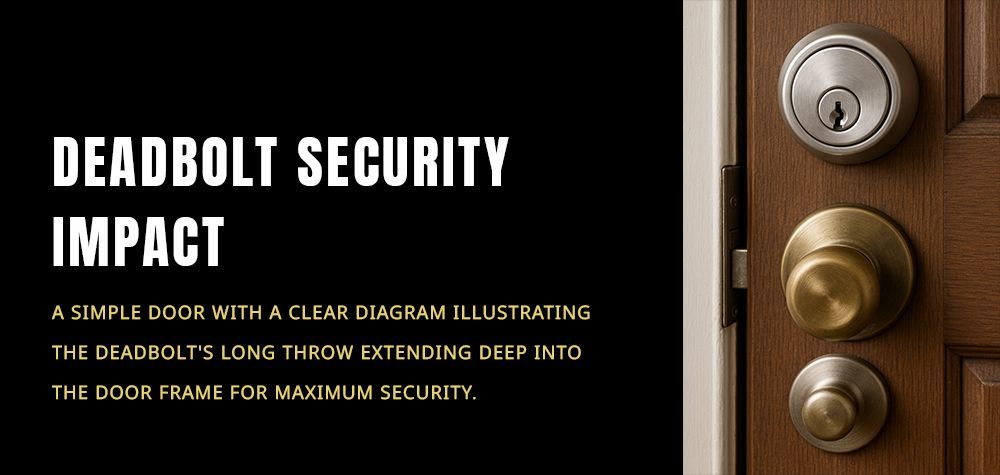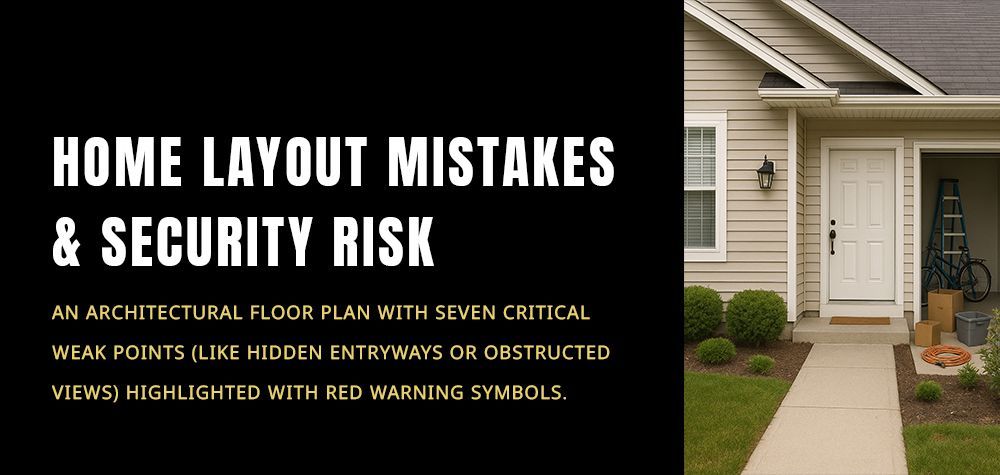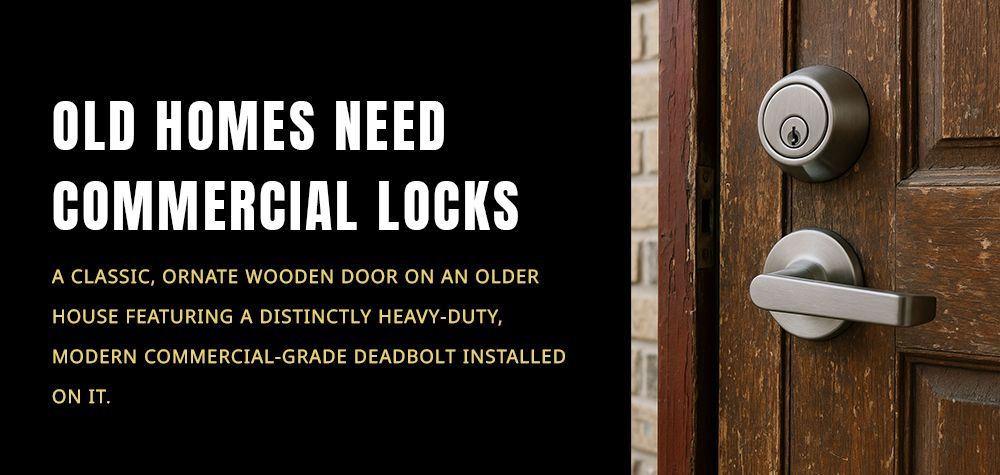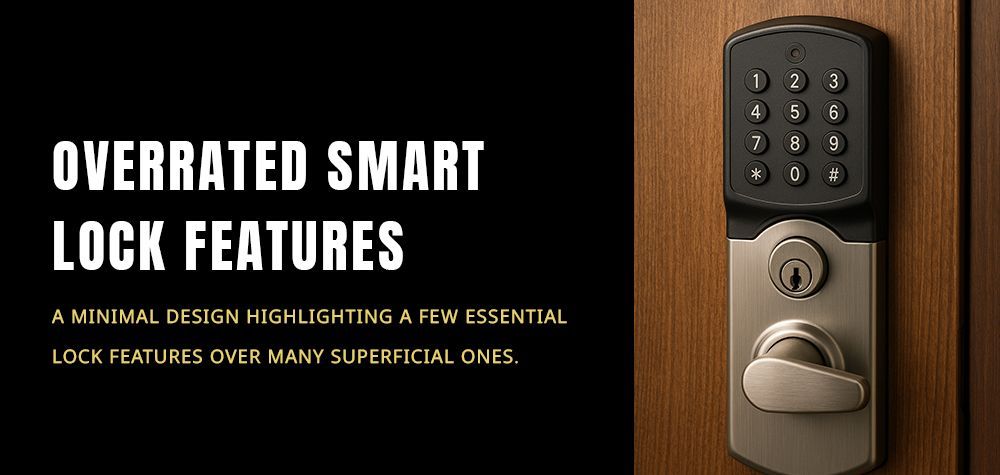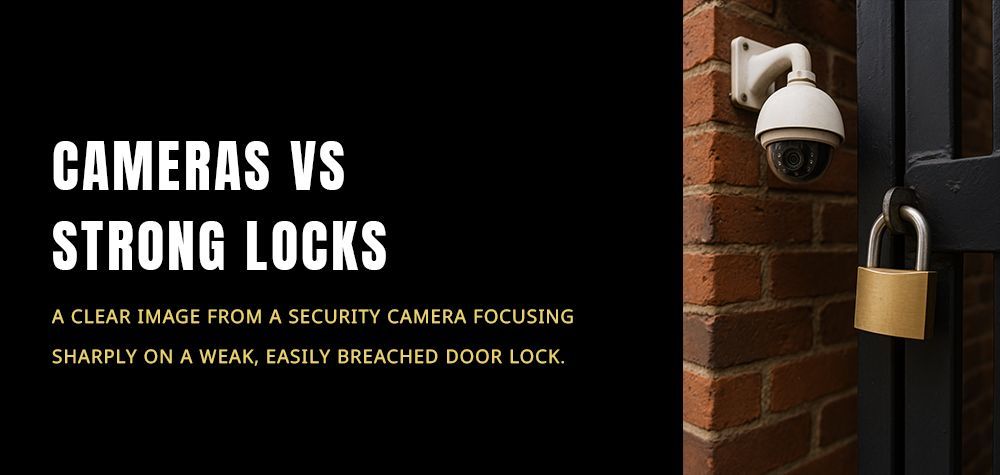DIY vs. Professional Repair: Which is Better for Commercial Locks?
When it comes to maintaining security in your business, the condition of your commercial locks is crucial. Whether it's a simple fix or a major repair, deciding between a DIY approach or hiring a professional locksmith can be a tough choice. Each option has its pros and cons, and the best choice depends on your specific needs and situation. This guide will help you understand the differences between DIY and professional repair for commercial locks, so you can make an informed decision. We'll also explain why sometimes, calling in a professional like Brothers Locksmith might be the best way to ensure your business stays secure.
Understanding Commercial Lock Repair Needs
Before diving into DIY or professional repair, it's important to understand the types of issues that can arise with commercial locks. Common problems include:
Jammed or stuck locks: This could be due to debris inside the lock, a worn key, or internal lock mechanism failure.
Broken keys: Keys can break inside the lock, especially if they're old or the lock is sticky.
Misaligned lock mechanisms: Over time, doors and frames can shift, causing the lock to misalign.
Faulty electronic locks: These can malfunction due to power issues, software glitches, or wear and tear.
Each of these issues requires different levels of expertise to fix. Some can be handled with a bit of DIY knowledge, while others might need a professional’s touch.
DIY Repair: Pros and Cons
Pros:
Cost-Effective: One of the biggest advantages of DIY repairs is saving money. You won't have to pay for a professional’s time or expertise, and you can often fix minor issues with simple tools and replacement parts.
Immediate Action: With DIY, you can address the problem as soon as you notice it, potentially preventing further damage or security risks.
Learning Opportunity: Handling repairs yourself can be a great way to learn more about how your locks work, which can be useful for future maintenance.
Cons:
Limited Expertise: Unless you’re a trained locksmith, there’s a limit to what you can safely and effectively repair. Incorrect repairs can lead to more damage, higher costs, or even compromise your security.
Time-Consuming: DIY repairs can take up a lot of time, especially if you’re unfamiliar with the lock mechanism or the problem is more complicated than anticipated.
Lack of Proper Tools: Some lock repairs require specialized tools that are not commonly available to the average person. Without these, you risk damaging the lock further.
Risk of Voiding Warranties: Some commercial locks come with warranties that require professional repairs to remain valid. Attempting a DIY repair could void these warranties, costing you more in the long run.
Professional Repair: Pros and Cons
Pros:
Expert Knowledge and Experience: Professional locksmiths, like those at Brothers Locksmith, have extensive training and experience. They can quickly diagnose the issue and implement the correct solution without causing additional damage.
Proper Tools and Equipment: Professionals have access to the right tools and high-quality parts needed for a wide range of repairs, ensuring that the repair is done correctly and efficiently.
Guaranteed Work: Many locksmiths offer warranties on their work, giving you peace of mind that if something goes wrong after the repair, it will be addressed without additional cost to you.
Enhanced Security: A professional locksmith will ensure your locks are repaired to the highest standard, maintaining the security of your commercial property.
Cons:
Higher Cost: Hiring a professional is more expensive than a DIY approach due to labor costs and the use of specialized tools.
Scheduling and Availability: Depending on the locksmith’s schedule, you may have to wait for a professional repair, which could be inconvenient if the issue is urgent.
When to Choose DIY vs. Professional Repair
Go DIY if:
The issue is minor, such as a loose handle or a key that turns stiffly.
You have some experience with lock repairs and the necessary tools.
The lock is not crucial to the security of your business, or you have backup security measures in place.
Opt for Professional Repair if:
The lock is electronic, high-security, or part of an access control system.
The issue is complex or you’re unsure about how to proceed.
Security is a top priority, and you cannot afford any mistakes.
The lock is under warranty and requires professional repair to maintain the warranty coverage.
Why Choose Brothers Locksmith?
When it comes to professional lock repair, Brothers Locksmith stands out for its expertise, reliability, and customer-focused approach. With a team of certified locksmiths who are available around the clock, they provide fast and effective solutions to all your commercial lock problems. Whether it’s a simple lock fix or a complete overhaul of your security system, Brothers Locksmith ensures your business remains secure and operational with minimal disruption.
FAQs
1. Can I use WD-40 to fix a jammed lock?
While WD-40 can temporarily ease a jammed lock, it’s not recommended for regular use as it can attract dirt and grime, leading to further issues. A graphite-based lubricant is a better option for locks.
2. How often should commercial locks be maintained?
It’s advisable to have your commercial locks inspected and maintained at least once a year by a professional locksmith to ensure they remain in good working order.
3. What should I do if I lose the master key to my commercial building?
If you lose the master key, it’s essential to rekey or replace the locks to ensure security. Contact a professional locksmith like Brothers Locksmith to handle this safely and effectively.
4. Are all commercial locks the same?
No, commercial locks come in various types, including mortise locks, cylindrical locks, electronic locks, and more. Each type has its own installation and repair requirements.
What are common mistakes to avoid during commercial lock installation?
Call Us Any Time!


